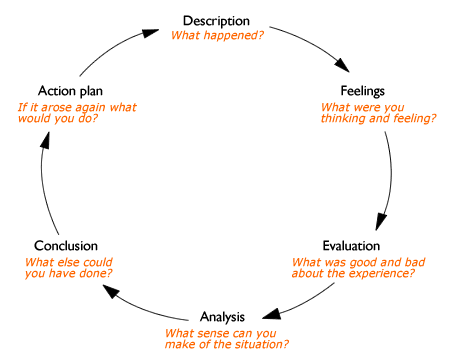 So, throughout my blog so far, I've provided a background into me as a person, what placement I've chosen, along with my personal aims for development, and employability for careers in sport. Iv also highlighted my duties for my placement so far and what sort of tasks i'v carried out and how i'v found them so far. I believe that there's a lot more to come and throughout the forthcoming months I will be engaging more with the companies social media platforms, website development, leasing with the press, and in addition, marketing for the SPAR Level 3 Lancashire School Games Final at the end of June. My upcoming roles for this event will be to
create a South Ribble School Sport brochure which will highlight moments from all of the borough's sporting events, along with quotes, pictures, stats and more info. In addition I will create promotional posters advertising the upcoming event and posters after the event rounding up the final. I will also be creating video montages for all the schools in South
Ribble, which will comprise of all of the events which have taken place from September 2014-July 2015. Again all of these print and digital marketing strategies will develop my commitment, creativity and decision making, and also team working skills, as I will need to spend a lot of time developing innovative ideas and having the patience to regularly carry out these upcoming tasks. This is something I'm very much looking forward to carrying out soon, and will be critically reflecting upon in my blog soon. I will also be soon establishing a South Ribble SSP YouTube account whereby we will publicize all of our events on YouTube for
our target markets to engage with! This is something I'm
very looking forward to start carrying out and will provide me
with experience in digital technology. This can also be said for working on the Lancashire School Games project too, which will offer me an excellent opportunity to develop my understanding and knowledge in creating print media and also working with
the press too.
So, throughout my blog so far, I've provided a background into me as a person, what placement I've chosen, along with my personal aims for development, and employability for careers in sport. Iv also highlighted my duties for my placement so far and what sort of tasks i'v carried out and how i'v found them so far. I believe that there's a lot more to come and throughout the forthcoming months I will be engaging more with the companies social media platforms, website development, leasing with the press, and in addition, marketing for the SPAR Level 3 Lancashire School Games Final at the end of June. My upcoming roles for this event will be to
create a South Ribble School Sport brochure which will highlight moments from all of the borough's sporting events, along with quotes, pictures, stats and more info. In addition I will create promotional posters advertising the upcoming event and posters after the event rounding up the final. I will also be creating video montages for all the schools in South
Ribble, which will comprise of all of the events which have taken place from September 2014-July 2015. Again all of these print and digital marketing strategies will develop my commitment, creativity and decision making, and also team working skills, as I will need to spend a lot of time developing innovative ideas and having the patience to regularly carry out these upcoming tasks. This is something I'm very much looking forward to carrying out soon, and will be critically reflecting upon in my blog soon. I will also be soon establishing a South Ribble SSP YouTube account whereby we will publicize all of our events on YouTube for
our target markets to engage with! This is something I'm
very looking forward to start carrying out and will provide me
with experience in digital technology. This can also be said for working on the Lancashire School Games project too, which will offer me an excellent opportunity to develop my understanding and knowledge in creating print media and also working with
the press too.

My upcoming blogs in the forthcoming months will be more so looking at critically analysing my placement experiences more in depth as I go along, as I can then really analyse how I believe my experiences to have gone. Currently I'm only just getting into a constant flow of duties and therefore its hard to thoroughly reflect back at my time on placement as there's still a lot to experience. However, i'm looking forward to what lies ahead and will be reflecting upon more of my experiences very soon!












